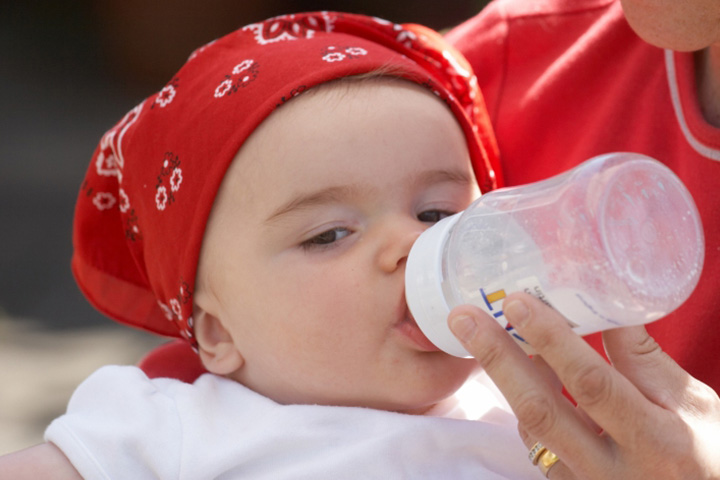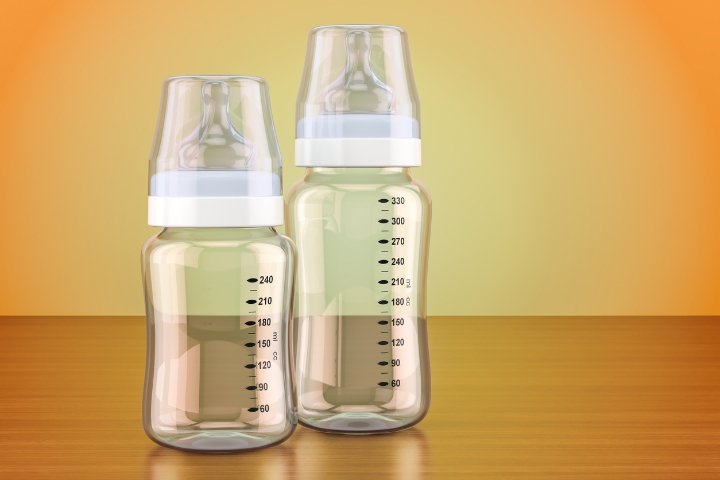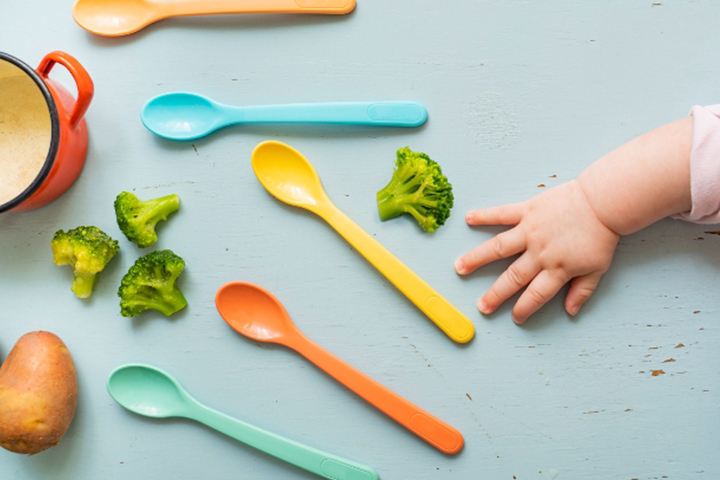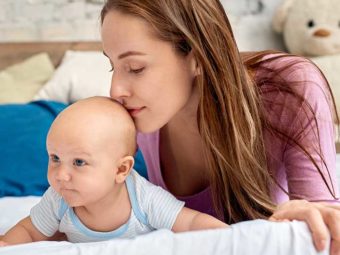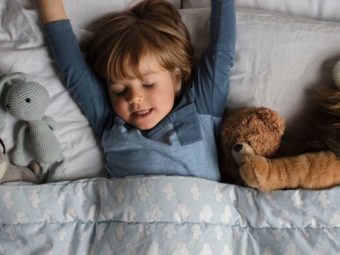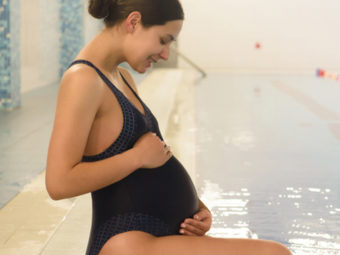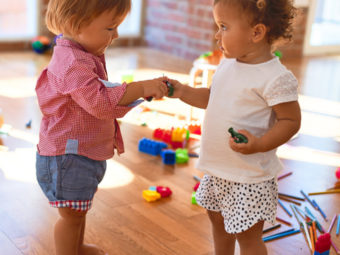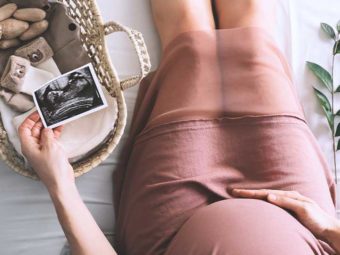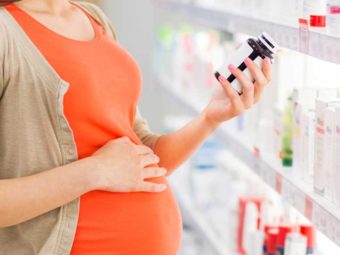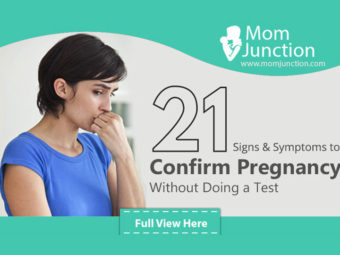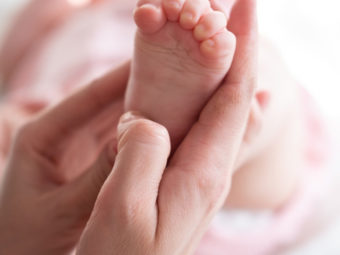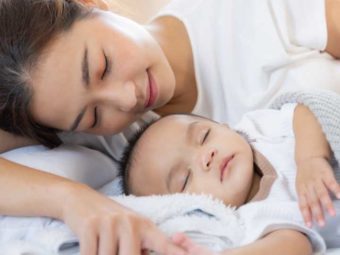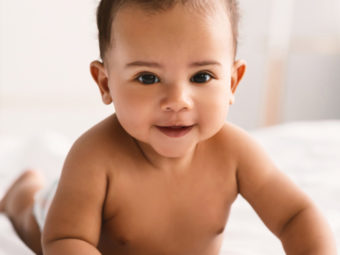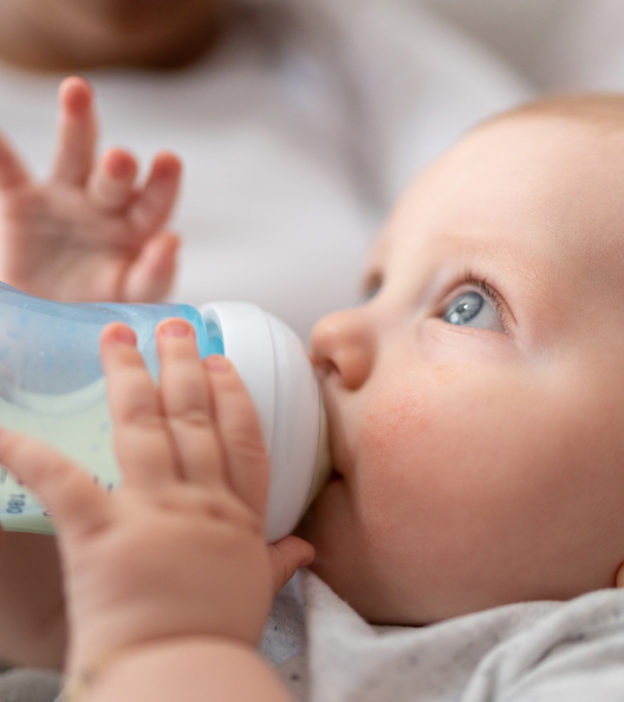
Image: iStock
Irrespective of if you’re exclusively breastfeeding your baby or giving them formula, every parent of a newborn has a baby bottle handy. And why wouldn’t they? Bottling feeding your baby is so convenient and easily accessible. Even mothers who exclusively breastfeed their babies find it easier to pump and preserve their milk and bottle feed their babies when they are out and about or if they want their partners to take the night shift so that they can get some much needed sleep. And it’s obviously used far more frequently if you’ve decided to bottle feed your baby formula. So it’s no wonder that 87% of infants over 4 months old are bottle fed in the US at least some of the time according to the World Health Organization (1). These bottles are incredibly popular, but parents need to be careful not to use kinds that are harmful. So here’s why plastic bottles aren’t the best option for your babies. Read on to know more!
1. Plastic Bottles Add Microplastics To Baby Formula
Unfortunately, baby bottles aren’t as safe as we thought they were. In fact researchers have found that babies who are fed with plastic bottles consume up to 16 million plastic particles per liter (2). How crazy is that! But how does this happen? Well, the microplastics are usually released when the bottles are sterilized and while the formula is being prepared. And the higher the temperature is, the more microplastics are released. But what are microplastics to begin with? Microplastics are pieces of plastic smaller than 5 millimeters (3). They form from plastic items that decompose into smaller pieces again and again. And the consumption of this material can be dangerous for your little infant.
2. They Intoxicate Little Babies With Harmful Chemicals
What most parents don’t know is that many plastic bottles contain a chemical called bisphenol A (BPA). This substance, when consumed can act like a hormone or even disrupt our hormone’s function which is not good for your baby’s new system. Research has even shown that in animal’s bodies, it has a negative impact on reproductive, developmental, and metabolic functions (4). Although the chemical’s full influence on human beings is yet to be studied thoroughly, one thing we are sure about is that it is harmful for children and babies. So the next time you want to buy a baby bottle, make sure it is made out of materials that are BPA free.
3. Scratches On The Inside Of The Bottle Can Serve As A Home For Bacteria
Image: IStock
The other drawback of plastic bottles is that they can get scratched pretty easily which creates a space for growth and unpleasant odors. And although we can fully sanitize these plastic bottles, plastic can melt and in turn release harmful substances which makes it even more difficult to clean and keep them in safe, usable condition for your baby. This is why it is imperative that plastic bottles are replaced every 3 to 6 months, as, after this period, bottles are even less safe than before.
4. Alternatives That Can Be Used Safely
Image: IStock
If you’re wondering what you can use safely then here are some options for you. You must keep in mind that the full effects that plastic has on kids hasn’t been studied yet. This is why scientists suggest trying to avoid exposure in their early years. The simplest solution would be to use glass bottles since they’re safe and easy to keep clean. However, if you’re scared of carrying around a glass bottle and aren’t ready to completely give up on plastic bottles yet try preparing formula in a non-plastic material. Then, after it cools a bit, pour it into your baby’s favorite feeding bottle. This way at least the number of particles your baby will consume will be lowered. Another tip to keep in mind when shopping for a baby bottle is to choose ones that are marked “BPA-free.” And since BPA can be found in plastic formula containers too, try buying formula in solid metal cans.
Here Are Some Other Baby Products That Can Be Harmful
Image: IStock
Yup that’s right, it’s not just bottles that pose a risk to your little one. Cutlery for children and teethers for babies are just some of the other items that release harmful participles when sterilized. Be aware of plastic childcare products and search for healthier alternatives.
Taking care of your baby is no easy task. As soon as you’ve ruled out every obvious sign of danger something like a plastic bottle can sneak up on you and cause unnecessary harm to your baby. This is why it’s important to stay informed and avoid the use of plastic as much as possible. Happy parenting!

